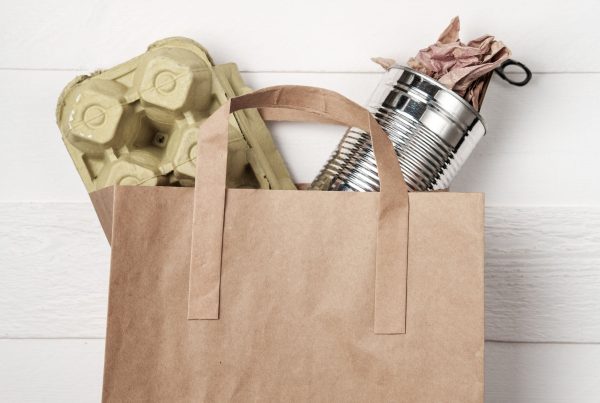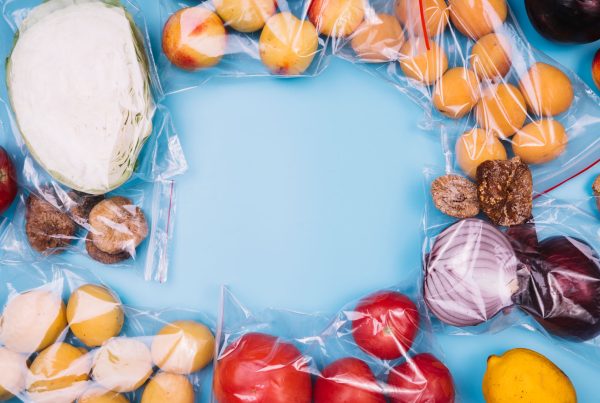Development of the PPWR: Chronology of Legislative Phases
The path to the approval of PPWR (Packaging and Packaging Waste Regulation) has marked a new chapter in European environmental legislation.
The process started in November 2022 with the Commission’s initial proposal (Proposal for a REGULATION OF THE EUROPEAN PARLIAMENT AND OF THE COUNCIL on packaging and packaging waste, amending Regulation (EU) 2019/1020 and Directive (EU) 2019/904 and repealing Directive 94/62/EC), which aims at reducing the number of packaging and waste.

In April 2023, the rapporteur, Fréderique Ries, introduced a number of recommendations for amendments that stimulated debates and proposed amendments by MEPs. The ENVI Committee (European Parliament Committee on the Environment, Public Health and Food Safety) voted in favour of the adoption of the compromise amendments on October 24, and Parliament officially adopted its position on November 22, 2023 supporting a regulation aimed at reducing the production of packaging waste and encouraging its reuse and recycling. However, they adopted a softer text than the committee’s initial proposal. Several amendments tabled by the majority groups were passed before the final vote.
Impact on the Sector
However, this strategic decision imposes important restrictions on the packaging industry, including:
- Reduction targets: Parliament has set ambitious targets for reducing packaging waste, with specific reduction percentages set for the coming decades: 5% by 2030, 10% by 2035 and 15% by 2040. MEPs then proposed specific waste reduction targets for plastic packaging: 10% by 2030, 15% by 2035 and 20% by 2040.
- Restrictions on the use of plastic bags and certain packaging formats: Strict limitation required in the use of ultra-light plastic bags (less than 15 microns), with some exceptions to preserve hygiene or, as in the case of primary packaging of bulk products, reduce food waste. The intention is also to strongly limit the use of certain disposable packaging formats, miniature hotel packaging for toilettes and shrink films for suitcases at airports.
- Prohibition of certain chemicals in food packaging: To protect the health of consumers, it will be prohibited the intentional use in food packaging of so-called “chemicals forever”, PFAS (alkyl perfluorinated and polyfluorinated substances) and bisphenol A. Existing restrictions on lead, cadmium, mercury and hexavalent chromium in packaging or in its components will be maintained.
- Promotion of re-use: MEPs clarify requirements for reusing or refilling packaging. Final distributors of drinks and takeaway food in the catering sector (including hotels, restaurants and bars) should offer consumers the possibility to bring and use their own container, with a few exceptions introduced through amendments tabled by the majority: for example, food packaging made of wood and wax is temporarily excluded.
One of the main exceptions to the reuse targets is that if a Member State achieves a recycling rate of more than 85% for specific packaging, such packaging will be exempted from the re-use obligation.
Next steps
Parliament is ready to start talks with national governments on the final form of the law once the Council has adopted its position.




